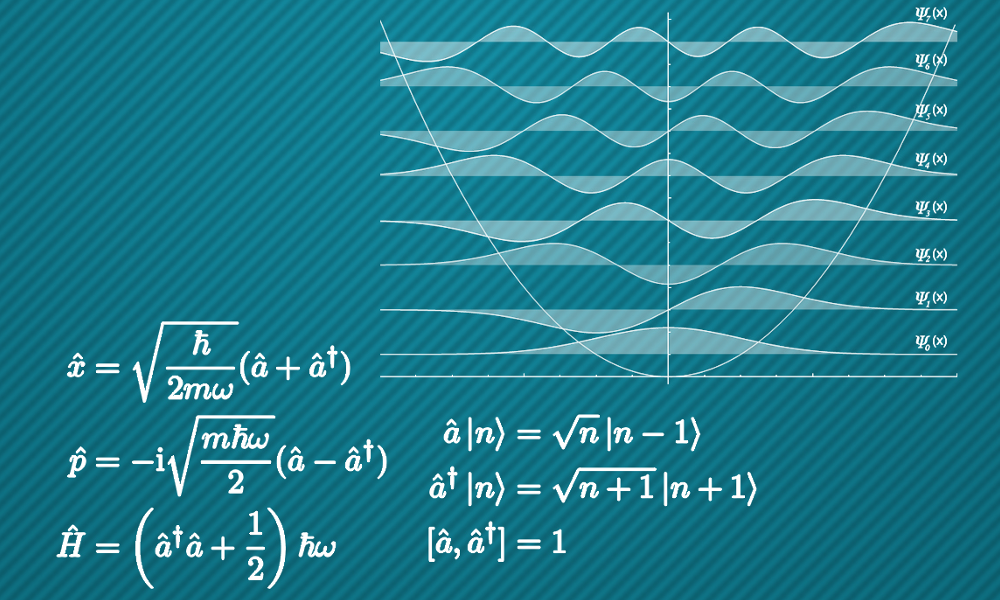尝试: Cython 和 inline 优化
学习 Cython 的时候, 出于好奇对比了一下 Cython 和 ctypes 调用 C 编写动态链接库的效率, 有一些发现. 运行的 C 代码是:
/* int1.c */
double f(double x){
return x * ( x - 1.0);
}
double integrate(double a, double b, int N){
int i;
double tot = 0;
double step = (b - a)/N;
for(i=0; i<N; i++){
tot += f(a + i*step);
}
return tot;
}
double integrateRep(double a, double b, int N, int rep) {
double tot=0;
int i;
for(i=0; i<rep; i++) {
/* tot += integrate(a, b, N); */
double step = (b - a)/N;
int j;
for(j=0; j<N; j++){
tot += f(a + i*step);
}
}
return tot/rep;
}
Cython 则是:
# intpy.pyx
cdef double f(double x):
return x * (x - 1.0)
def integrate(double a, double b, int N):
cdef int i
cdef double tot, dx
tot = 0.0
dx = (b - a) / N
for i in range(N):
tot += f(a + i*dx)
return tot
def integrateRep(double a, double b, int N, int rep):
cdef int i
cdef double tot
tot = 0.0
for i in range(rep):
tot += integrate(a, b, N)
return tot/rep
为了避免载入时间上的影响, 把循环写在 C 里面了. 计时:
# timeit testing
import timeit
setup = """
import intpy
from ctypes import CDLL, c_double
clib1 = CDLL("./int1.so")
"""
parm = (0, 5, 1000, 5000000)
if __name__ == "__main__":
print("test cython")
print(" Result = ", timeit.timeit(
"intpy.integrateRep(%f, %f, %d, %d)"%parm,
setup = setup, number = 1))
print("test C Lib V1")
print(" Result = ", timeit.timeit(
"clib1.integrateRep(c_double(%f), c_double(%f), %d, %d)"%parm,
setup = setup, number = 1))
如上的结果竟然是 Cython 快了近一倍…! 为了弄明白是什么情况, 手工编译 Cython 使用相同的优化策略:
# Makefile
CFLAGS += -shared -fPIC -Ofast
all : int1.so intpy.so
intpy.c : intpy.pyx
cython -3 $^
intpy.so : intpy.c
$(CC) $(CFLAGS) -pthread -I/usr/include/python3.7m -o $@ $^
%.so : %.c
$(CC) $(CFLAGS) -o $@ $^
经过一些尝试, 发现如果把 f 函数在 C 里面定义为内联函数, 或者宏, C 库立马就和 Cython 速度快了 (快得不多). 纯 C 当然还是最快的, 即便不使用内联定义.
记得曾经看到别人说, 不需要自己声明内联, 因为编译器几乎总是能做出最好的判断来进行内联化的优化. 不过显然在 Linux 下, 编译为动态链接库时, 内联优化并没有启动, 即便 -O3 和 -Ofast 都包含了内联的 flag.
比较让人讨厌的是, 手工加入 inline 关键词会让编译出来的 .so 文件失去相应的接口…

留下评论